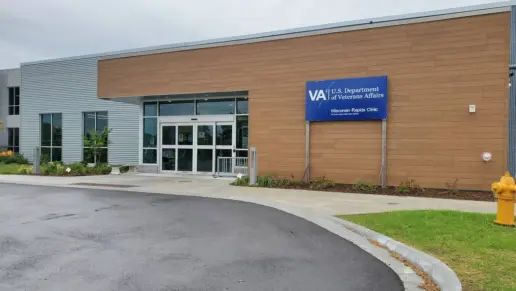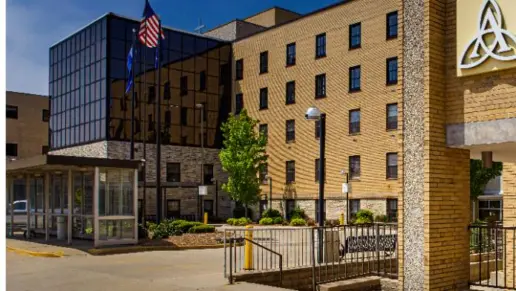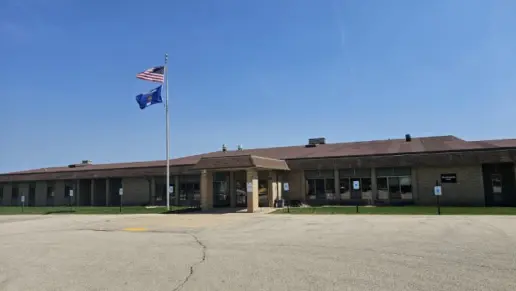Completely disappointed by the service they provided me. I came expecting comprehensive help for my issues but instead, they just offered me medication. Go somewhere else if you want real treatment.
About Ascension Columbia St. Mary’s Hospital – Ozaukee Campus
Located in Mequon, Wisconsin Columbia St. Mary’s Hospital Ozaukee is a medical hospital. This facility offers inpatient and outpatient mental health care and co occurring substance abuse treatment. A partial hospitalization program and an inpatient program are the available options.
While attending treatment, you can expect sessions to focus on conditions like PTSD, anxiety, and depression. Treatment also addresses eating disorders and addiction. A medical team built with psychiatrists, psychologists, and licensed counselors will treat you. They specialize in the diagnosis of mental illness. Medically assisted detox and medication assisted therapy will be a part of your personalized treatment plan.
To manage uncomfortable withdrawal symptoms and reduce any drug cravings, you may receive Suboxone. You can expect to engage in individual, group, and family therapy. During sessions you’ll be learning about abstinence education and relapse prevention. A special program is available for adolescents.
One unique component of this facility is that they also treat other addictions like nicotine, gambling, sex, and shopping.
Former clients of Columbia St. Mary’s Hospital says that the hospital lacks compassion and professionalism. Some other former clients said that their concerns were not addressed.
Rehab Score
Gallery
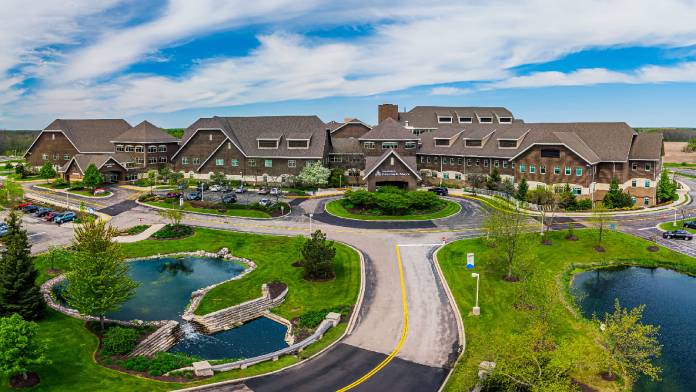
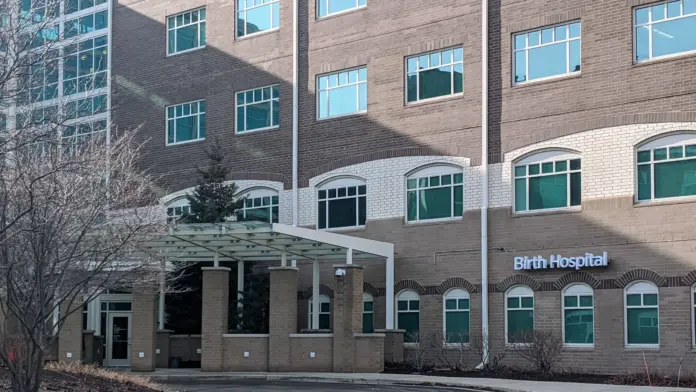
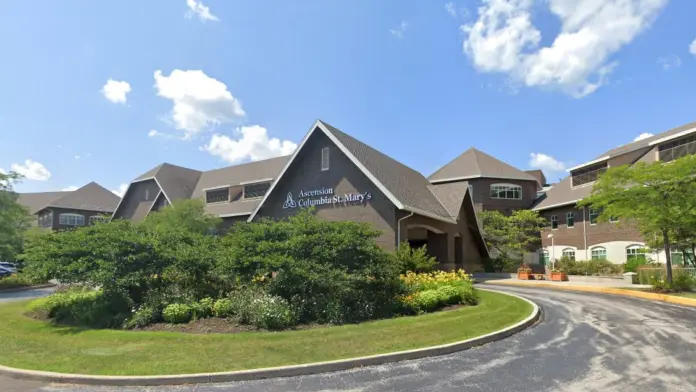
Location
Other Forms of Payment
Medicaid is a state based program that helps lower-income individuals and families pay for healthcare. Medicaid covers addiction treatment so those enrolled can use their coverage to pay for rehab. When a program accepts Medicaid the client often pays very little or nothing out of their own pocket.
Private insurance refers to any kind of healthcare coverage that isn't from the state or federal government. This includes individual and family plans offered by an employer or purchased from the Insurance Marketplace. Every plan will have different requirements and out of pocket costs so be sure to get the full details before you start treatment.
Self-pay involves paying for treatment out of your own pocket. You can use savings or credit, get a personal loan, or receive help from family and friends to fund your treatment. If you don't have insurance or your insurance plan doesn't cover a specific program, self-pay can help ensure you still get the care you need.
Medicare is a federal program that provides health insurance for those 65 and older. It also serves people under 65 with chronic and disabling health challenges. To use Medicare for addiction treatment you need to find a program that accepts Medicare and is in network with your plan. Out of pocket costs and preauthorization requirements vary, so always check with your provider.
Addiction Treatments
Levels of Care
Treatments
The goal of treatment for alcoholism is abstinence. Those with poor social support, poor motivation, or psychiatric disorders tend to relapse within a few years of treatment. For these people, success is measured by longer periods of abstinence, reduced use of alcohol, better health, and improved social functioning. Recovery and Maintenance are usually based on 12 step programs and AA meetings.
The goal of drug rehab in Wisconsin is to address drug addiction as a complex issue that involves physical, mental, and relational aspects. During rehab, treatment focuses on each of these areas and gives you the tools you need to achieve and maintain sobriety.
Many of those suffering from addiction also suffer from mental or emotional illnesses like schizophrenia, bipolar disorder, depression, or anxiety disorders. Rehab and other substance abuse facilities treating those with a dual diagnosis or co-occurring disorder administer psychiatric treatment to address the person's mental health issue in addition to drug and alcohol rehabilitation.
A combined mental health and substance abuse rehab has the staff and resources available to handle individuals with both mental health and substance abuse issues. It can be challenging to determine where a specific symptom stems from (a mental health issue or an issue related to substance abuse), so mental health and substance abuse professionals are helpful in detangling symptoms and keeping treatment on track.
Opioid rehabs specialize in supporting those recovering from opioid addiction. They treat those suffering from addiction to illegal opioids like heroin, as well as prescription drugs like oxycodone. These centers typically combine both physical as well as mental and emotional support to help stop addiction. Physical support often includes medical detox and subsequent medical support (including medication), and mental support includes in-depth therapy to address the underlying causes of addiction.
Programs


Clinical Services
ECT is a form of treatment in which controlled electric currents are passed through the brain, sometimes causing short seizures. Treatments are done under general anesthesia. ECT appears to change brain chemistry for the better, and has been shown to provide fast and sometimes dramatic improvements in severe mental health conditions that can exist alongside addiction, including depression, bipolar disorder, psychosis, and suicidality. ECT is also often used by those who prefer it to taking medication.
Group therapy is any therapeutic work that happens in a group (not one-on-one). There are a number of different group therapy modalities, including support groups, experiential therapy, psycho-education, and more. Group therapy involves treatment as well as processing interaction between group members.
In individual therapy, a patient meets one-on-one with a trained psychologist or counselor. Therapy is a pivotal part of effective substance abuse treatment, as it often covers root causes of addiction, including challenges faced by the patient in their social, family, and work/school life.
Amenities
-
Private Setting
Staff & Accreditations
Staff

CEO
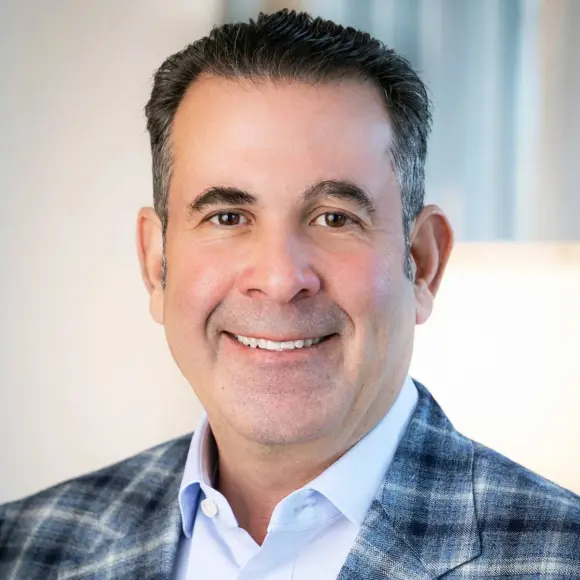
President
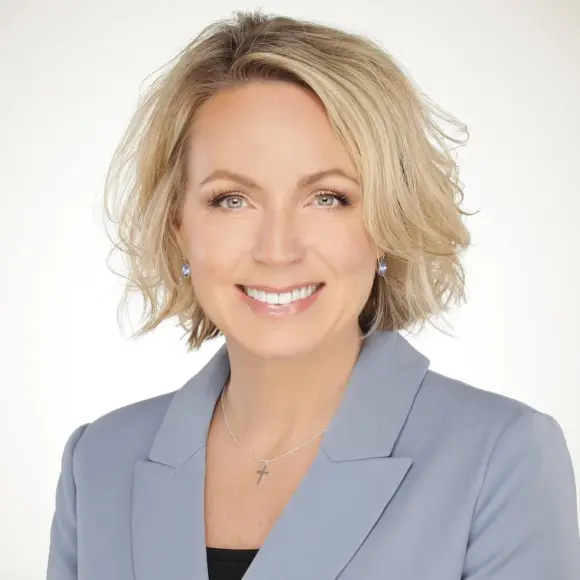
Executive VP & Chief Human Resources Officer, Ascension
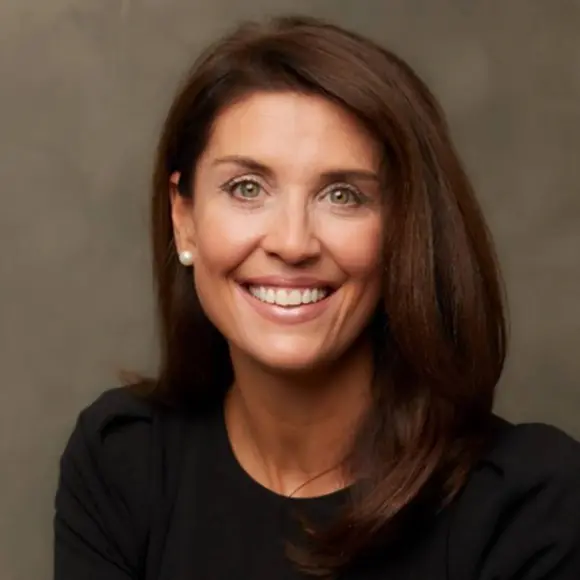
Executive VP & Chief Strategy and Growth Officer, Ascension
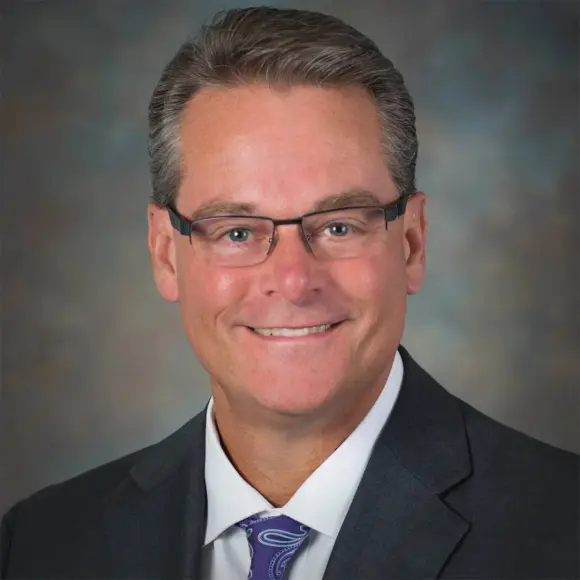
Executive VP & Chief Mission Integration Officer, Ascension
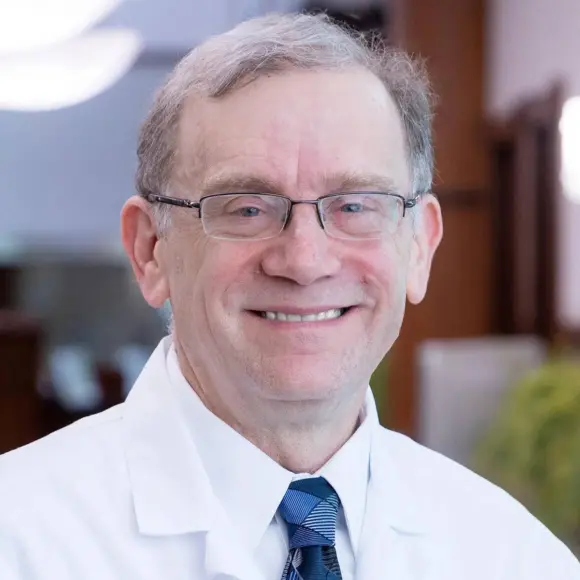
Executive VP & Chief Clinical Officer, Ascension
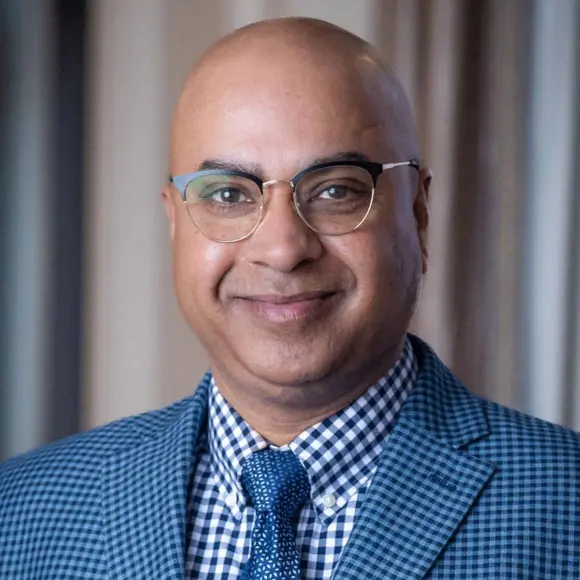
Executive VP & CFO,Ascension
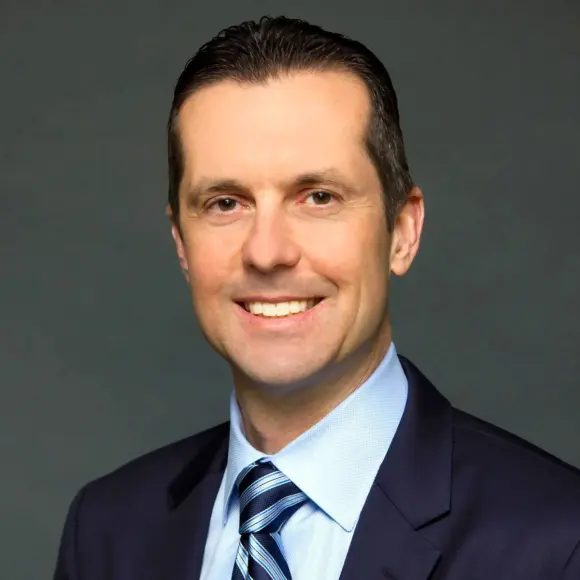
Executive VP & Chief of Staff, Ascension
Accreditations

The Joint Commission, formerly known as JCAHO, is a nonprofit organization that accredits rehab organizations and programs. Founded in 1951, the Joint Commision's mission is to improve the quality of patient care and demonstrating the quality of patient care.
Joint Commission Accreditation: Yes
Contact Information
13111 N Port Washington Rd
Mequon, WI 53097
